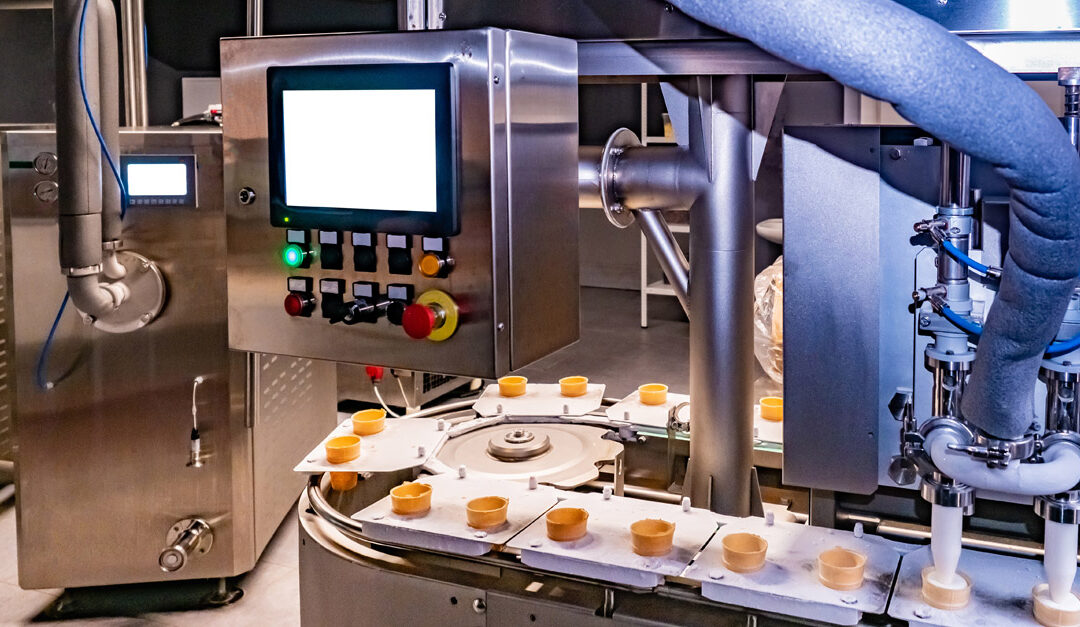Meeting Hygiene Safety Standards in Food Manufacturing
Whilst food hygiene has always been seen as important, the pandemic has heightened our awareness around the threat of infection. A recent survey found that 50% of us have changed our hygiene behaviours in the wake of the pandemic. With this newfound focus coming from the consumer, businesses that manufacture food and drink produce need to demonstrate how they are taking the issue of food safety seriously.
Coupled with the demand from consumers, increasingly strict safety and hygiene standards have been enacted in the food manufacturing industry over recent years, for example ISO 22000 which covers any organisation in the food chain. Government guidance advises that in light of Coronavirus businesses may need to review procedures to account for any changes that have to be implemented, such as extra cleaning or social distancing. The key for businesses is to be able to maintain high standards efficiently without harming their business productivity.
Why it pays to invest in industrial hardware
Industrial computing solutions used in the food industry has to have two key features. The first is to be made of materials that promote hygiene, in that they are easy to clean and don’t trap dirt and other materials. The second is that it must be able to withstand the rigours of the cleaning process, which might involve the use of corrosive substances and even jet washing.
PCs and touchscreens for example need to be made from smooth and simple materials so that dirt does not stick to the unit. For example, stainless steel is a material that works exceptionally well in these circumstances. It is smooth, easy to clean and able to handle rigorous cleaning processes giving it a high Ingress Protection (IP) rating.
Ingress Protection or International Protection (IP) ratings stipulate how much dust and liquid a piece of equipment can withstand. They are a measure of how tightly sealed and watertight the device is. For industrial PCs, touchscreens and HMIs deployed in food and drink environments, it is sensible to opt for at least IP65, which offers total protection from dust ingress, and protection from low water pressure jets from any direction.
So, how might this work in the real world?
How Distec and Systems Integration Work Together to Keep Production Lines Running Smoothly
Systems Integration (Trading) Ltd (SI) develops proprietary modular software for the food manufacturing industry and also supplies the hardware on which these applications run, including scanners, scaling units for measuring weight – and crucially, industrial touchscreens PCs.
The touchscreens PCs deliver seamless operations and resist ingress of high temperature (steam) and high-pressure water used to sanitise equipment throughout SI customer’s production facilities, including in cold and wet conditions and areas that are regularly washed down. Their rugged casings and easy-to-use features mean they remain robust, reliable, and easy-to-use in a wide range of contexts, so SI’s customers can undertake quality control, sorting, packing, and distribution of everything from meat and fish to cereals and dairy products. The digital hardware is designed to give business owners peace of mind when it comes to hygiene, whilst also maintaining a high level of performance.
If you are interested in talking to Distec about our digital technology for the food and drink manufacturing industry get in contact here.

